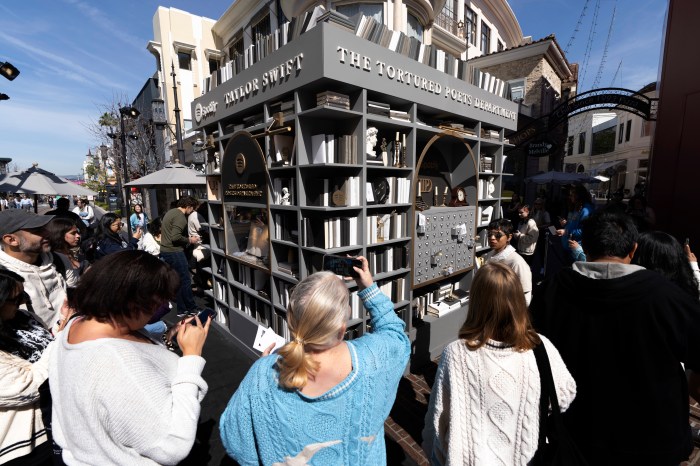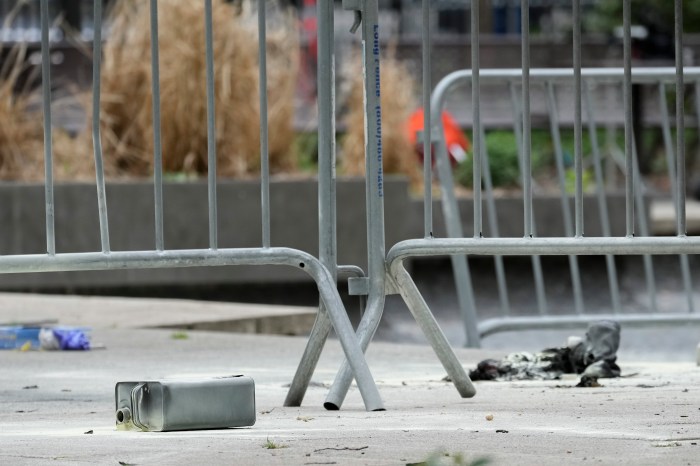By Tom Miles
GENEVA (Reuters) – Democratic Republic of Congo could descend into a cycle of electoral violence similar to that seen in Burundi and presidential and legislative polls due in November are likely to be delayed, the United Nations warned on Friday. A group of senior U.N. experts put Burundi and Congo at the top of a list of risks to watch for in the next six months, along with Libya, the La Nina climate phenomenon, and drought in southern Africa. “The most likely scenario remains delayed elections into 2017, a move which would likely trigger wide political unrest in a situation similar to that of post-electoral Burundi,” they said in a semi-annual report. With little freedom for democratic opposition and the heavy-handed use of security forces, the risk of violent clashes was high, especially in the capital and in Lubumbashi, home of Moise Katumbi, the leading opponent of President Joseph Kabila. “The government is likely to limit or shut down mobile networks, restrict the opposition’s rights through legal or violent means and increase intimidation and harassment,” the report said. “Such an outcome would lead to displacement from the capital and translate into several hundred thousand people being affected.” Displaced opposition supporters were likely to flee into the Republic of Congo, “souring an already tense relationship between Brazzaville and Kinshasa”, the report said.
In Burundi, which has collapsed into chaos since President Pierre Nkurunziza pursued and won a third term in office last year, a move his opponents say is unconstitutional, things may get worse, the U.N. report said. It said a “cycle of high-profile tit-for-tat targeted killings” of top officials was widening a rift in the army that could produce a bigger conflict between pro- and anti-government forces, fueled by ethnic overtones in the political rhetoric. Regional and inter-Burundian dialogues were at an impasse, which would further radicalize the opposition, “setting the stage for guerrilla warfare, notably in the provinces bordering Rwanda and DRC”. The U.N. report, which does not cover the biggest crises, such as Syria, Yemen or South Sudan, aims to alert aid agencies to potential shortfalls in upcoming emergencies.
Its worst fears are not always borne out: last November it warned of a potential coup in Burundi and possible Islamist advances in Mali, which did not come to pass.
The latest report refreshed its view of the risks in Libya, with a warning that the two main political camps could splinter, adding to rivalry between the rival armed groupings, the Misratan brigades and the Libyan National Army, and making a NATO intervention increasingly likely. (Reporting by Tom Miles; Editing by Catherine Evans)

















